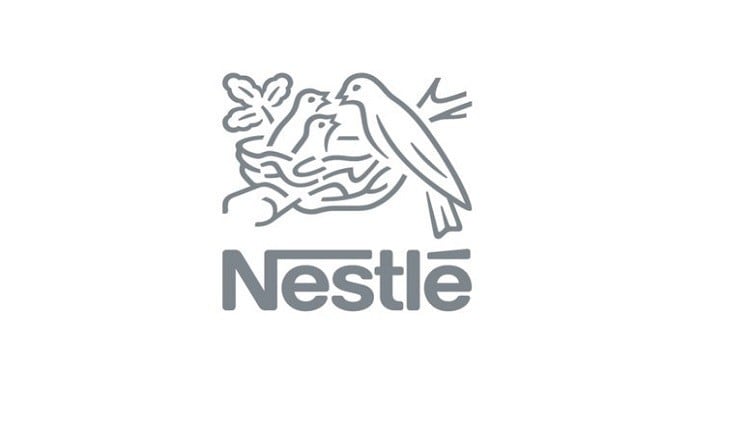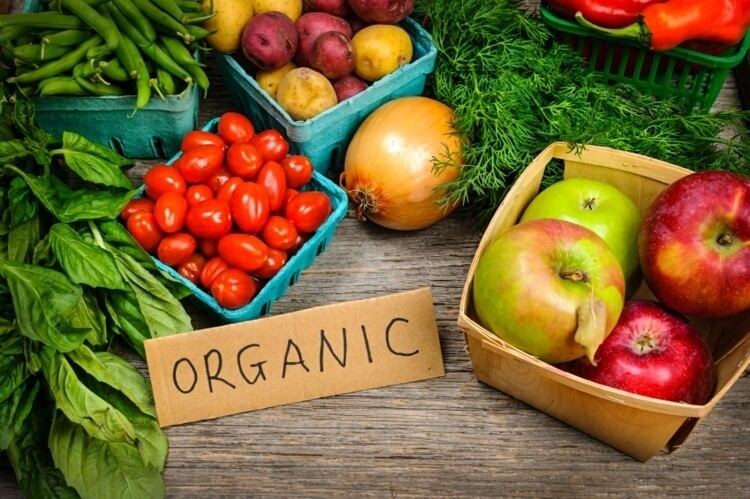‘Full supply chain transparency’: Nestle publicly discloses lists of commodity suppliers in industry-first move
Global food and beverage giant Nestle has published its second round of supplier lists for public perusal in an industry-first move towards total supply chain transparency, revealing Oceania, Malaysia and Indonesia as its biggest APAC suppliers so far.
The first food-related commodity supplier list that was earlier published on Nestle’s website was for palm oil, and this was recently followed by four more lists for meat (beef, pork, veal, lamb, mutton), vanilla, soya and hazelnuts.
Nestle Executive Vice President, Head of Operations Magdi Batato said that: "By mid-2019, we will also publish the supply chain information for our other priority commodities, which include seafood, coconut, vegetables, spices, coffee, cocoa, dairy, poultry, eggs, cereals and sugar.”
“These commodities cover 95% of the company’s annual sourcing of raw materials.”
Middle East to lead global health and wellness packaged food growth over next five years: Study
The Middle East and North African (MENA) region (excluding sub-saharan Africa) has been predicted to lead the global health and wellness packaged food market growth over the next five years, according to an international study.
MENA beat out its closest competitor sub-saharan Africa (8.8%) by just 1.1% with a predicted growth rate of 9.9%, but in terms of absolute value analysts predicted that MENA will be worth three times more by 2023 at US$31.5bn as opposed to the latter’s US$10.7bn.
According to Euromonitor’s Gulfood Industry Outlook Report 2019, this was partly attributed to an expanding middle class ‘who, with a higher income, are more likely to spend on health and wellness products that are often priced higher than more conventional packaged food’.
Tea quality and industry compliance in India ‘very good’: Newly accredited FSSAI lab
The Tlabs chain of laboratories has recently obtained official accreditation by the Food Safety and Standards Authority of India (FSSAI), and has been tasked with monitoring tea quality in the country according to FSSAI parameters.
Tlabs is a laboratory chain operated by the Tea Research Association (TRA) in India, and was initially established under the 11th Plan Project of the Tea Board of India as a pesticides residue lab in 2010/2011.
“We now also have a quality control laboratory, so [Tlabs] basically operates on both ends to investigate tea quality according to pesticide parameters in one lab, and quality parameters in the other,” TRA Secretary and Principal Officer Joydeep Phukan told FoodNavigator-Asia.
Zero hero? Heineken wants no-alcohol beer to rival Coke in Singapore following Europe sales boom
Heineken’s new zero-alcohol beer Heineken 0.0 is the brand’s pioneering foray into the Low and No Alcohol (LNA) category in Singapore, with the firm targeting availability in locations such as salad bars, gyms and offices as it seeks to rival soft drinks giants such as Coca-Cola.
Heineken 0.0 is made with normal beer ingredients (water, malted barley, hop extract) and brewed with Heineken’s unique A-yeast, but the alcohol is removed ‘gently’ in a ‘natural process’.
“[Our] unique recipe [makes] for Heineken 0.0’s distinct balanced taste, and each 330ml bottle contains only 69 calories,” Andy Hewson, Managing Director of Asia Pacific Breweries Singapore (APBS) told FoodNavigator-Asia. APBS is a wholly-owned subsidiary of the Heineken Group, and and operates its local brewery in Singapore.
Unlikely effects and ridiculous claims: Are 'superfoods' the new food fraud?
A dietitian from the Queensland University of Technology (QUT) has claimed that many superfoods' health claims are "unlikely" to work, "ridiculous" and "similar to food fraud".
“New ‘superfoods’ come and go and often confuse the public on what healthy eating is,” said Dr Helen Vidgen.
Dr Vidgen came to this conclusion after an investigatory assignment she commissioned her nutrition, dietetics and pharmacy students to carry out revealed that none of the investigated superfoods had scientifically solid backing for their claims.
“We were looking at nutrition and diet through the life cycle, and how different superfood products are being promoted to people at different stages in their life cycle (e.g. pregnancy, first-time mothers etc.), why these would be attractive to them, how true the claims actually are and so on,” she explained to FoodNavigator-Asia.





